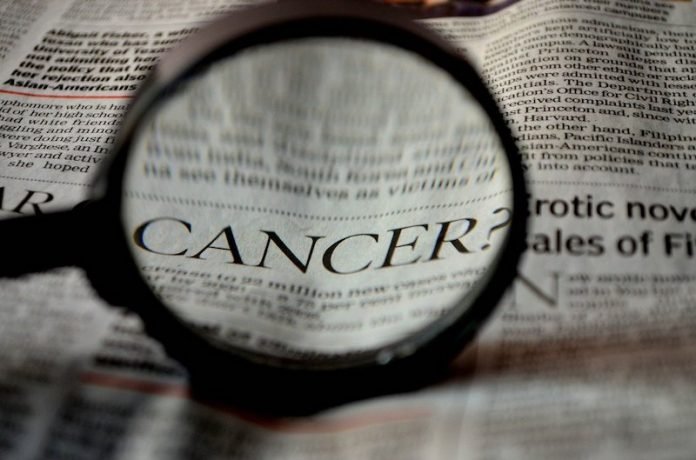
In a new study from Karolinska Institutet and elsewhere, researchers found that non-alcoholic fatty liver, NAFLD, is linked to a 17-fold increased risk of liver cancer.
The findings underscore the need for improved follow-up of NAFLD patients with the goal of reducing the risk of cancer.
Non-alcoholic fatty liver disease (NAFLD) is the most common cause of chronic liver disease in Europe and the United States, affecting more than 100 million adults.
A large proportion of patients progress to nonalcoholic steatohepatitis (NASH) with fibrosis, which in turn can lead to cirrhosis.
There is relatively little research on cancer development with NAFLD, and prior research has some limitations that make it difficult to draw far-reaching conclusions.
In the study, the team examined the risk of cancer in people with NAFLD. They included 8,892 Swedish patients with biopsy-confirmed NAFLD and 39,907 healthy controls.
They found people with NAFLD were at a 27% increased risk of any cancer. This risk was to a large extent driven by the 17-fold increased risk of hepatocellular carcinoma (HCC).
Furthermore, NAFLD was linked to modestly increased rates of pancreatic cancer, kidney/bladder cancer, and melanoma, but no other cancers.
The team says with detailed liver histology data, they were able to quantify the increased risk of cancer associated with NAFLD, particularly liver cancer.
These findings should be used to develop more targeted interventions designed to reduce cancer risk in patients with NAFLD.
They also highlight the need for more personalized strategies to screen for HCC in certain high-risk patients, such as those with NAFLD fibrosis and type 2 diabetes.
If you care about liver health, please read studies about this statin drug may lower your risk of liver cancer and findings of this popular herb product may harm your liver health.
For more information about liver disease treatment and prevention, please see recent studies about a new way to reverse type 2 diabetes and deadly liver disease and results showing that this stuff in vegetables may help fight fatty liver disease.
The study is published in Hepatology. One author of the study is Tracey G. Simon.
Copyright © 2021 Knowridge Science Report. All rights reserved.



